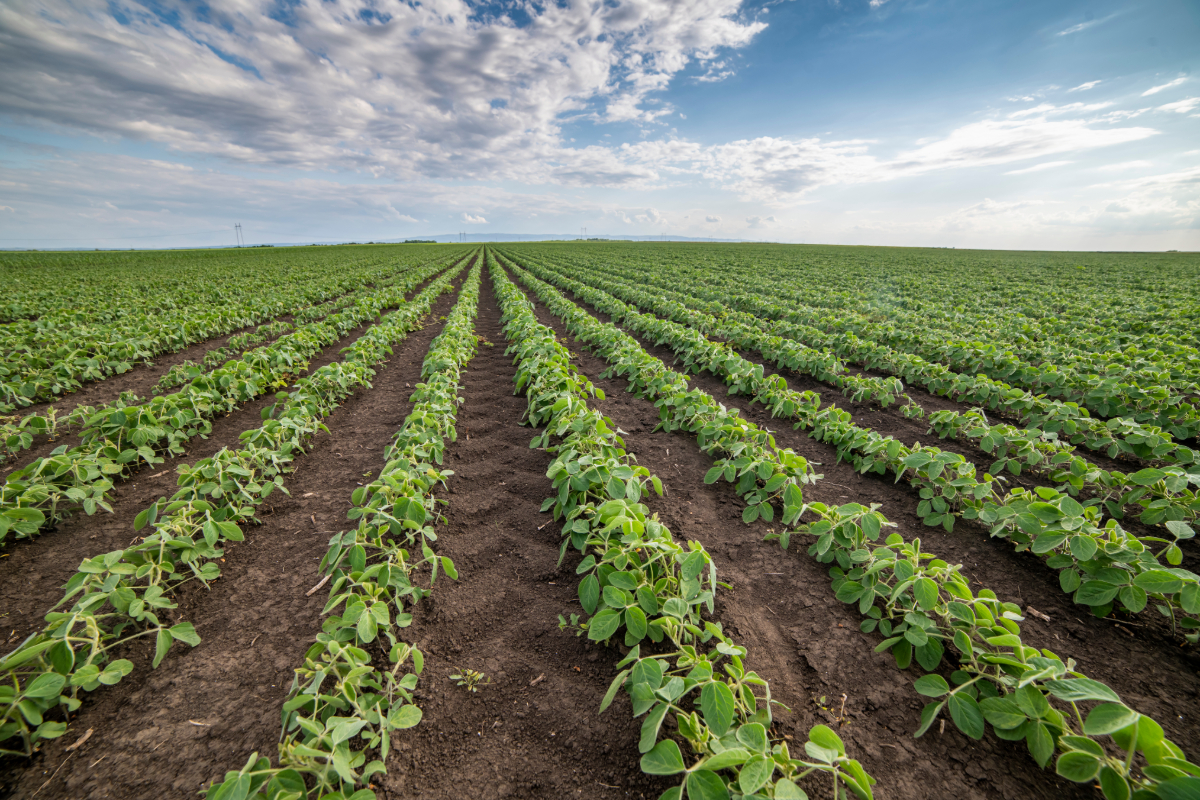💡 KEY TAKEAWAYS
- Comprehensive compliance: Agricultural operations must follow laws covering labor, land use, environmental protection, and subsidies to ensure safe and lawful practices.
- Impact on operations: Environmental, labor, and zoning regulations directly affect daily farm activities, worker protections, and the use of resources.
- Professional guidance: Staying informed and consulting legal or agricultural experts helps maintain compliance, avoid fines, and secure sustainable, profitable operations.
Agriculture is the backbone of the food system, but it operates within a complex framework of laws and regulations. These rules ensure the safety, sustainability, and efficiency of agricultural operations. Navigating agricultural law can be challenging, especially for those new to farming or expanding their agribusiness systems. This guide breaks down key agricultural laws and regulations and how they impact your operations.
What is Agricultural Law?
Agricultural law encompasses the wide array of statutes, regulations, and case law that apply to farming and agribusiness systems. It covers a range of topics, including land use, environmental protection, labor laws, food safety, and subsidies. Agricultural law ensures that farming practices align with legal standards that promote sustainability, fair business practices, and public safety.
Whether you are running a small family farm or a large-scale agribusiness, understanding agricultural laws and regulations is essential to maintaining compliance and protecting your livelihood.
Key Agricultural Laws and Regulations to Know
Here are some of the most important agricultural laws and regulations that may apply to your operation:
Farm Bill
The Farm Bill is a comprehensive piece of legislation passed by Congress that governs agriculture policy in the United States. It covers everything from crop insurance to conservation programs and provides subsidies to support farmers. The Farm Bill is updated every five years and plays a major role in shaping the agricultural landscape.
Environmental Regulations
Farmers must also comply with environmental laws designed to protect natural resources. These include the Clean Water Act (CWA) and Clean Air Act (CAA), which regulate pollutants that may affect water and air quality. Agribusiness systems must take care to ensure that runoff from pesticides, fertilizers, and animal waste does not harm the environment.
Land Use and Zoning Laws
Land use and zoning laws dictate how land can be used for agricultural purposes. Zoning regulations vary by state and local jurisdiction but generally govern how land can be developed and farmed. Agricultural operations often need to comply with these laws to avoid conflicts with urban development or environmental protection areas.
Labor Laws
Agricultural operations that employ workers must follow federal and state labor laws. The Fair Labor Standards Act (FLSA) establishes minimum wage, overtime, and child labor standards for farm workers. Additional protections are provided by the Migrant and Seasonal Agricultural Worker Protection Act (MSPA), which sets employment standards for seasonal and migrant farm workers.
Agricultural Subsidies and Programs
Various government programs offer financial support to farmers. Programs like the Environmental Quality Incentives Program (EQIP) and the Conservation Stewardship Program (CSP) offer financial incentives for adopting environmentally-friendly farming practices. These programs fall under the umbrella of agricultural laws and regulations and are critical for those looking to enhance sustainability.
Navigating agricultural laws doesn’t have to be overwhelming. Connect with Groves Law today and get guidance tailored to your farm or agribusiness.
Contact page Form
How Agribusiness Systems are Impacted by Agricultural Laws
Agribusiness systems are heavily influenced by the regulatory environment in which they operate. Larger agricultural operations may have entire departments dedicated to ensuring compliance with environmental, labor, and safety laws. However, even small farms must be aware of how these laws affect their daily operations.
For example, environmental laws can dictate what kind of fertilizers or pesticides can be used, while labor laws determine how workers are compensated and protected. Zoning laws may limit where certain types of farming activities can occur, and government subsidies might provide financial relief or incentivize sustainable practices.
Staying Compliant with Agricultural Laws and Regulations
Compliance with agricultural laws and regulations is critical for the success and longevity of your farming operation. Violations can result in hefty fines, legal disputes, or even the shutdown of your business. Here’s how you can ensure compliance:
- Stay Informed: Agricultural laws are constantly evolving, and it’s important to stay up to date on new regulations that may impact your operation.
- Consult with Professionals: Legal and agricultural professionals can help you navigate the complexities of these laws and work to ensure that you’re following all applicable regulations.
- Adopt Best Practices: Implementing best practices for environmental stewardship, worker safety, and ethical land use can help you stay compliant and avoid legal trouble.
Safeguard Your Farm with Professional Guidance
Agricultural laws and regulations play a significant role in shaping the day-to-day operations of your farm. Whether you’re dealing with labor laws, environmental regulations, or agribusiness systems, staying compliant is essential to maintaining a successful agricultural operation. At Groves Law, we focus on helping farmers and agribusinesses navigate the complex legal landscape. Contact us today to help ensure your farm is protected and compliant with all applicable laws.

